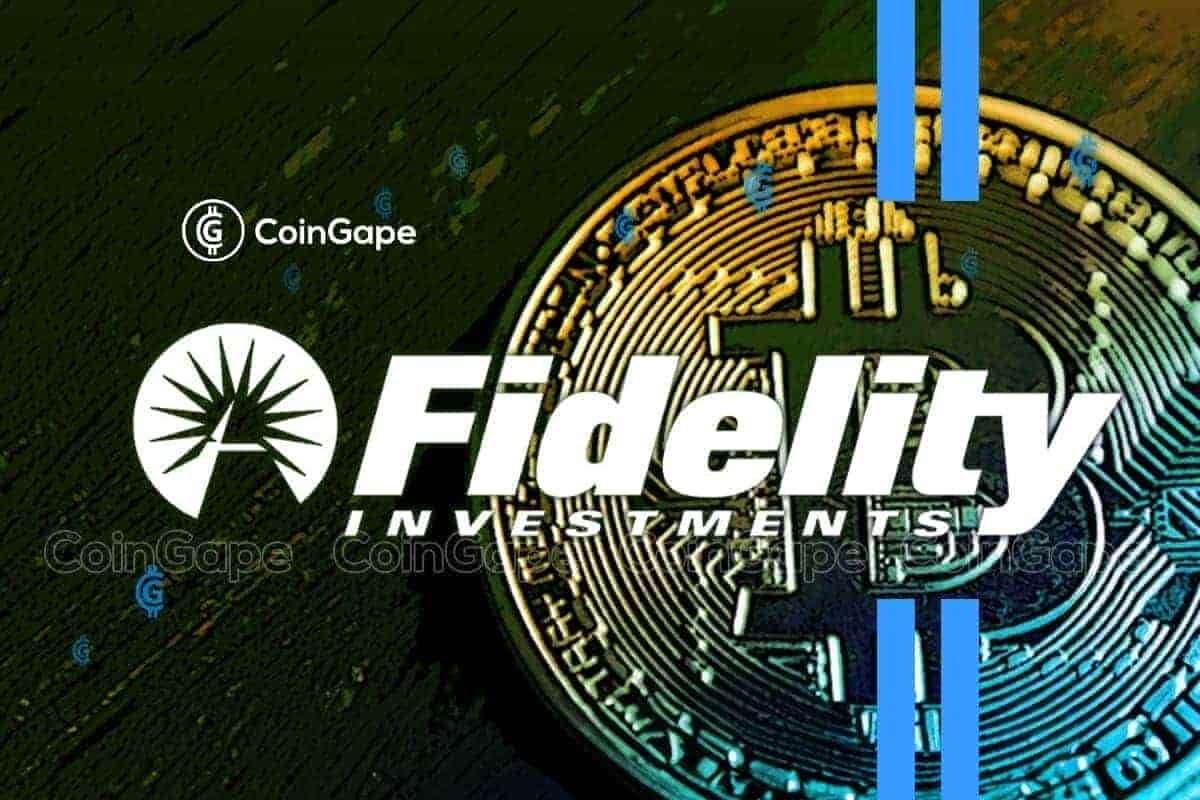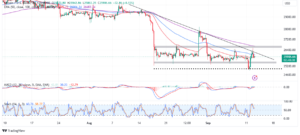[ad_1]
Fidelity has introduced plans to implement a brand new price construction for exchange-traded fund (ETF) purchases. If the fund sponsors don’t consent to the brokerage paying help charges, the traders will now be charged $100 for every commerce on an ETF valued at $2,000 and over.
On trades equal to or lower than $2,000, the price can be 5% of the commerce worth. This step represents a serious departure from the business’s latest tendency to present clients with low cost buying and selling choices.
The brokerage aspect of Fidelity needs ETF sponsors to pay a help fee of 15% of income to stop these fees. The phase-in of those charges is a deviation from greater than a decade of lowered buying and selling prices, which had been geared toward boosting clients. Fidelity’s introduction of those charges, because of this, is a part of the business’s re-evaluation of brokerage platforms’ income fashions.
Impact on ETF Sponsors and Investors
The new plan of the fees for the service cost of Fidelity, which is to turn out to be operational in June, is evoking combined reactions amongst ETF suppliers. Although a variety of issuers, particularly smaller companies that lack clout in bargaining, have given in to the truth that the help charges can’t be prevented, some are nonetheless in discussions on the situations of fee. This scenario may provoke further prices for traders, significantly in future ETF choices, as issuers probably improve charges that assist to get well the help funds.
Fidelity apparently asking ETF issuers for *15%* of whole fund income so as to be included on platform & keep away from traders being charged $100/commerce…
One issuer: “The next ETF we come out w/, we’re going to go to market w/ max fee we can justify.”
Brutal.
through @double_you_ess pic.twitter.com/FxehnqkAue
— Nate Geraci (@NateGeraci) April 9, 2024
Similarly, David Young, Chief Executive Officer of Regents Park Funds, has expressed worries about rising monetary pressures, which may lead to the agency issuing new ETFs with larger charges to assist get well a few of the prices. The new price schedule will permit Fidelity to cowl a spread of providers, together with funding analysis and academic supplies, supplied to clients with out its selling any specific ETFs.
Reactions and Comparisons with Industry Standards
The proposed $100 price for ETF trades has drawn a lot criticism from business specialists, who think about it grossly out of sync with what traders are at the moment used to. One of the analysts, Elisabeth Kashner from FactSet, outlined the potential for these bills being unfold out amongst all of the fund traders, subsequently rising the full prices. This may end in funds shedding their competitiveness, underlining the essential function of sustaining low expense ratios within the aggressive ETF market.
Charles Schwab, one other huge participant within the commission-free ETF buying and selling space, already fees some ETF sponsors 10%. Yet Schwab has not made a press release relating to their intention to launch an analogous price program. Fidelity’s transfer consequently highlights a normal re-evaluation throughout the business in regards to the viability of commission-free buying and selling fashions and the hunt for different sources of income.
Read Also: Fantom (FTM) Launches First Validator Using Sonic Tech, Price Shoots 8%
The offered content material might embody the private opinion of the creator and is topic to market situation. Do your market analysis earlier than investing in cryptocurrencies. The creator or the publication doesn’t maintain any accountability for your private monetary loss.
[ad_2]
Source link




✓ Share: